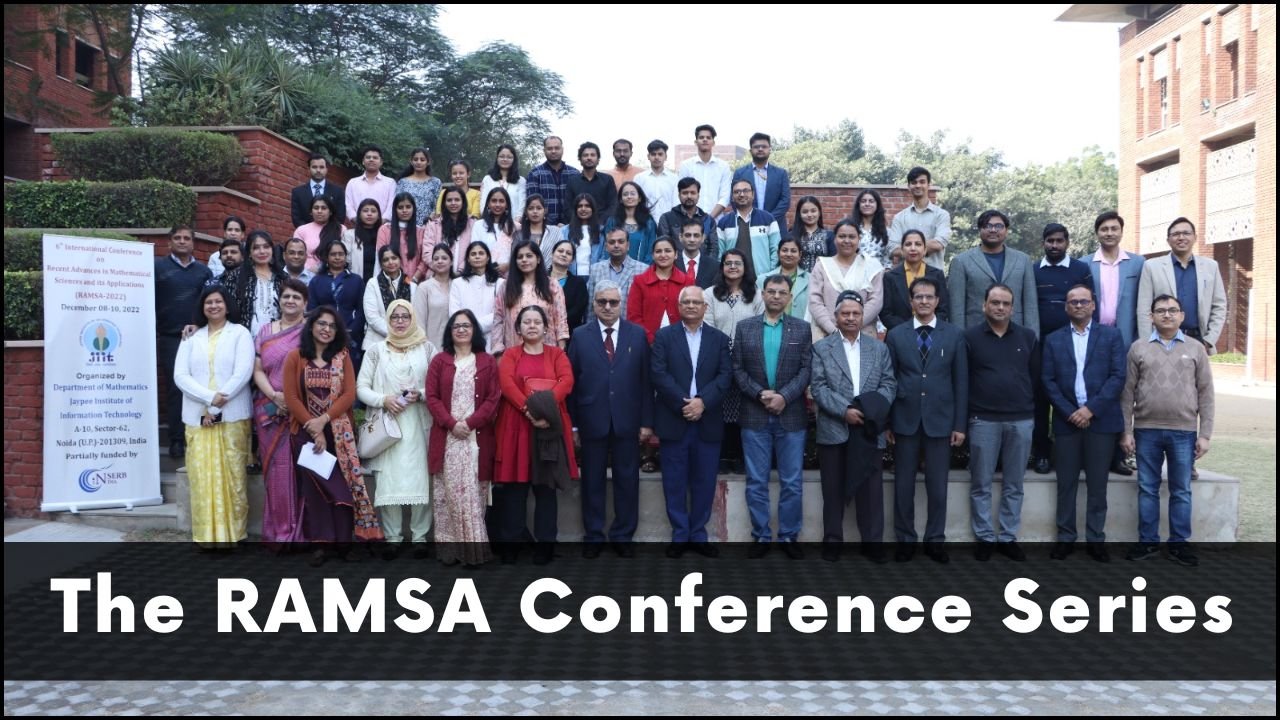
In today’s fast-paced digital world, higher education institutions must adapt quickly to technological advancements to remain relevant and effective. The Jaypee Institute of Information Technology (JIIT), Noida, known for its excellence in engineering and technology education, has embraced this evolution wholeheartedly through its Digital Learning Centre (DLC). This initiative stands as a testament to the institute’s commitment to academic innovation, blended learning, and student-centric education.
Table of Contents
A Vision Rooted in Innovation
The Digital Learning Centre at JIIT was conceptualized to bridge the gap between traditional classroom learning and the evolving demands of digital education. In an era where online learning, artificial intelligence, and hybrid teaching methods are redefining pedagogy, the DLC aims to equip both students and faculty with the tools, content, and infrastructure necessary to thrive in this dynamic environment.
Its vision aligns with the broader goals of Digital India and the National Education Policy (NEP) 2020, which encourage institutions to adopt technology-driven teaching and improve accessibility and flexibility in education.
Core Objectives of the Digital Learning Centre
The primary objective of the Digital Learning Centre is to enhance the quality and accessibility of education through the integration of digital tools and methodologies. Here are some of its key goals:
- Facilitate Blended Learning: Combining traditional face-to-face teaching with online components to enrich the learning experience.
- Content Creation and Curation: Supporting faculty in developing high-quality digital content, including lecture videos, e-books, and quizzes.
- Skill Development: Enabling students to acquire digital skills necessary for the 21st-century workplace, such as data analytics, coding, and software tools.
- Promote Self-Learning: Encourage students to take ownership of their learning by providing access to curated online resources and interactive platforms.
- Support Research and Innovation: Providing digital infrastructure for faculty and students to collaborate on research projects using modern tools.
State-of-the-Art Infrastructure
The DLC is equipped with cutting-edge facilities that support its mission of delivering high-quality digital education. These include:
- Smart Classrooms: Fully equipped with projectors, digital whiteboards, and recording capabilities to support hybrid and flipped classroom models.
- Lecture Capture Studios: Studios with professional-grade audio-visual equipment where faculty can record high-quality instructional videos.
- Learning Management System (LMS): The institute has adopted robust LMS platforms such as Moodle and Microsoft Teams, enabling smooth content delivery, assessments, and student engagement.
- Digital Libraries: Access to a wide array of e-books, journals, research databases, and online courses that complement traditional learning.
- Interactive Tools: Use of platforms like Kahoot, Mentimeter, and virtual lab simulations to keep students engaged and enhance understanding.
Faculty Empowerment through Training
One of the defining features of the DLC is its focus on faculty development. Recognizing that the transition to digital education requires a shift in mindset and skillset, the Centre regularly organizes:
- Workshops and Webinars: Covering topics such as digital pedagogy, instructional design, content creation, and use of digital tools.
- Certification Courses: Faculty are encouraged to take online certification programs from platforms like SWAYAM, Coursera, and edX to stay updated with the latest trends.
- Collaborative Learning Forums: Opportunities for faculty to share best practices and collaborate on interdisciplinary digital teaching initiatives.
By empowering faculty, the DLC ensures that they are not just content deliverers but facilitators of learning in the digital age.
Student-Centric Approach
The Digital Learning Centre is built with a clear focus on enhancing student learning outcomes. Some of the key benefits for students include:
- Anytime, Anywhere Learning: Students can access lectures and study material at their convenience, promoting flexibility.
- Interactive Learning Modules: Engaging video content, animated explanations, and quizzes help in better retention of concepts.
- Peer Learning Platforms: Forums and discussion boards encourage collaboration and knowledge-sharing among students.
- Access to Online Courses: Integration with platforms like NPTEL, SWAYAM, and MIT OpenCourseWare allows students to learn from global educators.
- Career Readiness: Training in tools like MATLAB, Python, and simulation software enhances employability and prepares students for industry roles.
Impact and Achievements
Since its inception, the Digital Learning Centre has had a transformative impact on JIIT’s academic environment. Some notable achievements include:
- Increased Course Engagement: Courses with digital content have seen higher student participation and better feedback scores.
- Online Certifications: A significant number of students have completed online certification programs supported by DLC, adding value to their resumes.
- Research Output: Faculty and students have been able to collaborate effectively using digital platforms, resulting in quality research publications and projects.
- Pandemic Resilience: During the COVID-19 pandemic, the DLC played a pivotal role in ensuring uninterrupted learning through seamless online classes.
Future Plans
The DLC at JIIT is not resting on its laurels. The institute has ambitious plans to expand and further enhance its digital ecosystem. Upcoming initiatives include:
- AI-Powered Learning Analytics: To track student progress and offer personalized learning experiences.
- Virtual Reality (VR) and Augmented Reality (AR): Integration of immersive technologies to enhance practical learning, especially in engineering and sciences.
- Collaboration with EdTech Companies: Partnerships to bring in global best practices and technologies into the classroom.
- MOOC Development: JIIT plans to develop its own Massive Open Online Courses (MOOCs) to reach learners beyond its campus.





